Sleep Better in 9 Steps
Follow these steps to get a good night's rest.
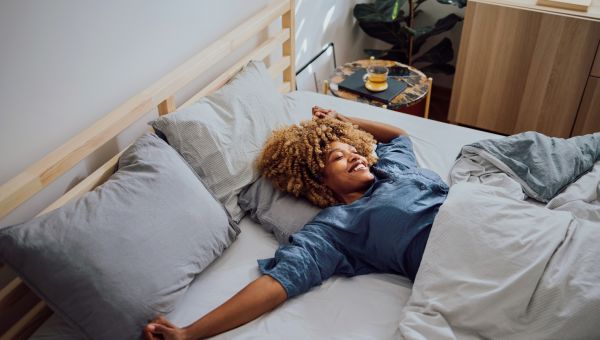
Give Yourself the Gift of Great Sleep
Are you a chronic sleep skimper? Short sleep can throw off your two appetite-regulating hormones (ghrelin and leptin) in ways that make you eat more, gain more, and get more blood-sugar problems, boosting heart attacks and strokes. Missing sleep also increases body-wide inflammation, which gunks up your arteries and fuels cancer. Could it get worse? Yep. Ignoring your body's clock messes with the sleepy-time hormone melatonin, which doubles as a cancer deterrent. So give your body the gift of better sleep—and a RealAge that’s up to 3.4 years younger—with this deep-sleep plan.
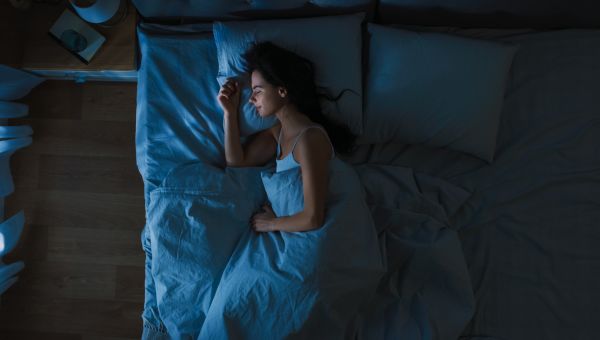
Set the Scene for Sleep
Much like the way you'd put candles on the table for a romantic dinner, or Luther Vandross on the stereo for a romantic night in, you need to set the mood for sleep. The perfect setup:
- A cool, dark room. The lower temp and lack of light signals your body to knock you out for the count.
- White noise. Drown out background noise with a fan or a machine that plays sounds of the ocean.
- Appropriate attire. Sleepwear should be nonallergenic (both the fabric and what it's washed in) and nonrestricting so you'll feel more relaxed.
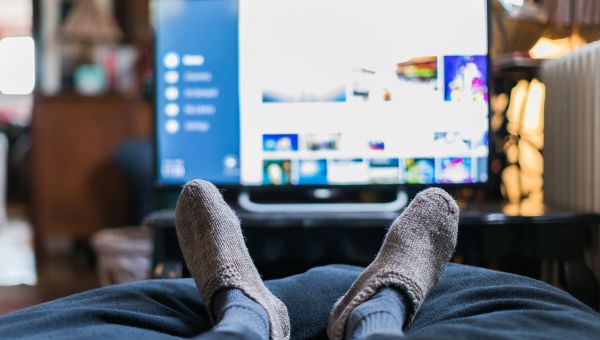
Remove Distractions
Ideally, the bed is for two things and two things only. (You know what we mean.) If you have any other type of stimulus, such as work or TV, you're not sending your body the message that it's time for sleep. If you want to watch TV, answer e-mail or pay bills, do that elsewhere -- especially since the screens' flickering light keeps your brain in wake-up mode. Need more incentive to restrict Colbert to the living room? People who don't have a TV in the bedroom have 50% more sex than those who do.
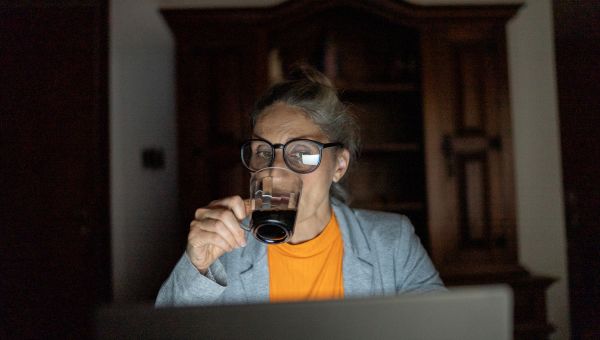
Avoid Late-Night Lifts
What you eat, drink, and do around bedtime can affect your chance of falling—and staying—asleep. Try to follow these guidelines. An hour and a half before bed: No alcohol or nicotine; and no exercise that makes you sweat (unless you're already in bed; nudge nudge, wink wink). Three hours before bed: No caffeinated beverages or pills, and no eating (this helps avoid reflux issues that can disturb sleep).
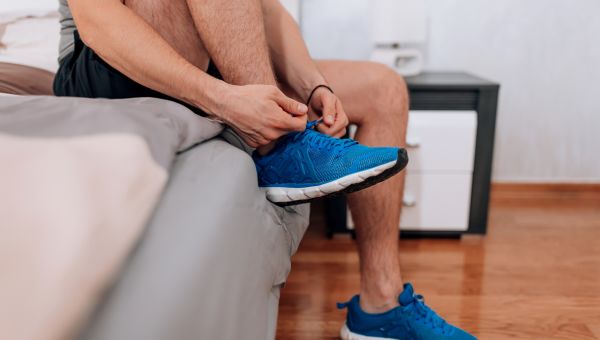
Spend Less Time in Bed
If you need more sleep, don't just hop into bed. Sounds counterintuitive, but hitting the sack when you're actually sleepy reduces your temptation to do stuff there that disrupts your shut-eye (see step #2). A good tip for nodding off easily at night: Exercise in the morning.
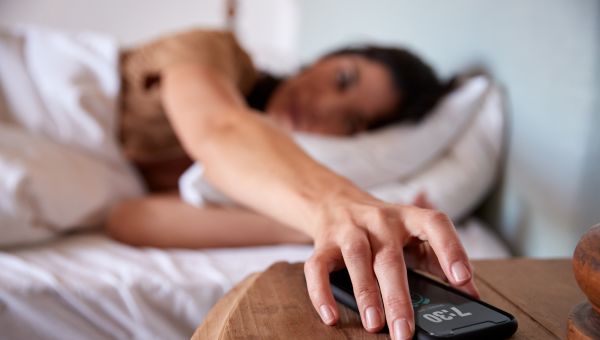
Stick to a Schedule
Make every effort to stick to a regular wake-up schedule, even on weekends—or at least rise within one hour of the time you get up during the week. This will help set your body's circadian rhythm—or internal clock—and train you to stay on schedule even if your rhythms happen to wander, say, when you're traveling.
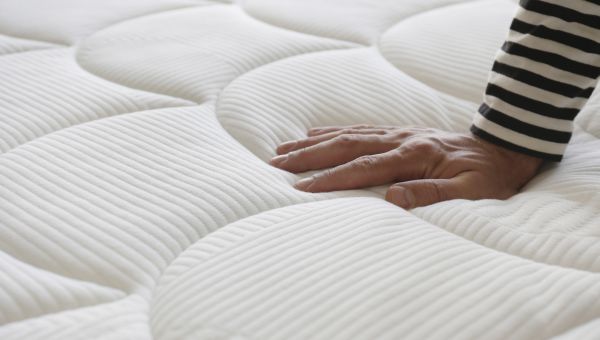
Get a Comfy Mattress
Need a new mattress? There's not one type that works for everyone, so pick one that feels right for you. Don't let the salesperson rush you into a decision. Take some time to get the feel for a mattress before you buy. One good (but costly) option: A memory-foam mattress, which bounces back to the original flat plane after you get out of bed. Alternatively, opt for a high-quality traditional mattress, and flip it every few months to prevent body dents from disrupting your sleep.
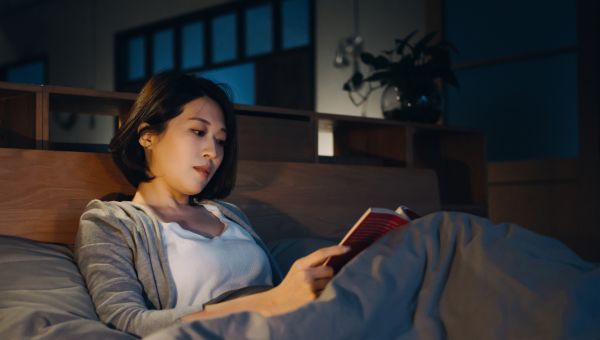
Can't Sleep? Get Up!
It happens: You go to bed tired only to find yourself tossing and turning. If this happens to you, get up and try one of these sleep remedies: Read a book until you feel drowsy; do some slow, gentle stretches and deep breathing exercises; or try scenting your pillow with lavender. If it's nagging or racing thoughts that won't let you nod off, try jotting down your worries on paper so you can sleep better.
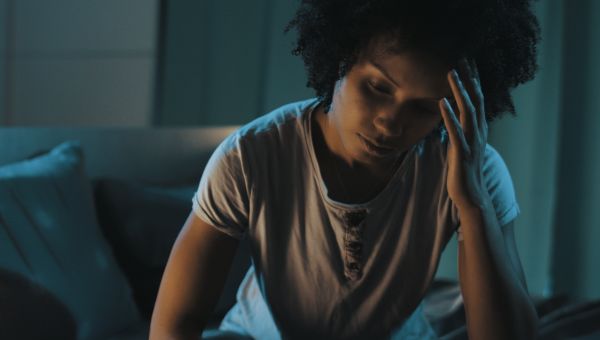
Could You Have a Sleep Disorder?
Everyone has an occasional sleepless night. However, for more than 40 million people in the U.S., their chronic lack of sleep is the result of a sleep disorder and poses bigger risks than dark circles under the eyes. An ongoing lack of ZZZs can mess with your immune system and undermine your health, increasing your risk of obesity, heart problems, diabetes, and depression.
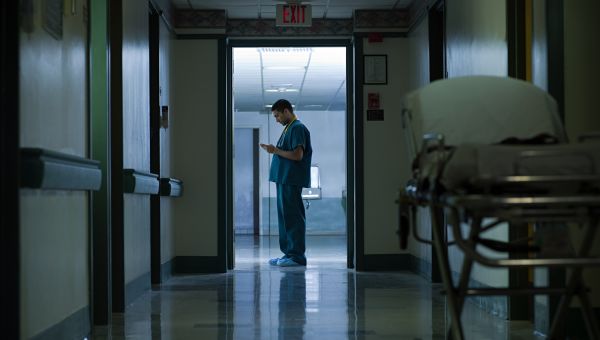
Work with Your Schedule
Do you work during hours outside the usual 9 to 5? If so, you could be at risk for shift-work sleep disorder, which affects about 10% of all shift workers. Since shift work forces your body to go against its natural circadian rhythms, it forces you to be awake when your body naturally wants to sleep. Disrupting the body's natural internal clock can lead to insomnia and excessive sleepiness, and can even cause accidents and other problems. Try these 5 sleeping tips if you work nontraditional hours.
More On


video
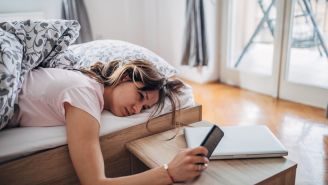
article
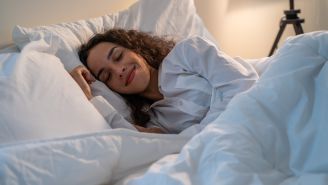
slideshow


video


video
